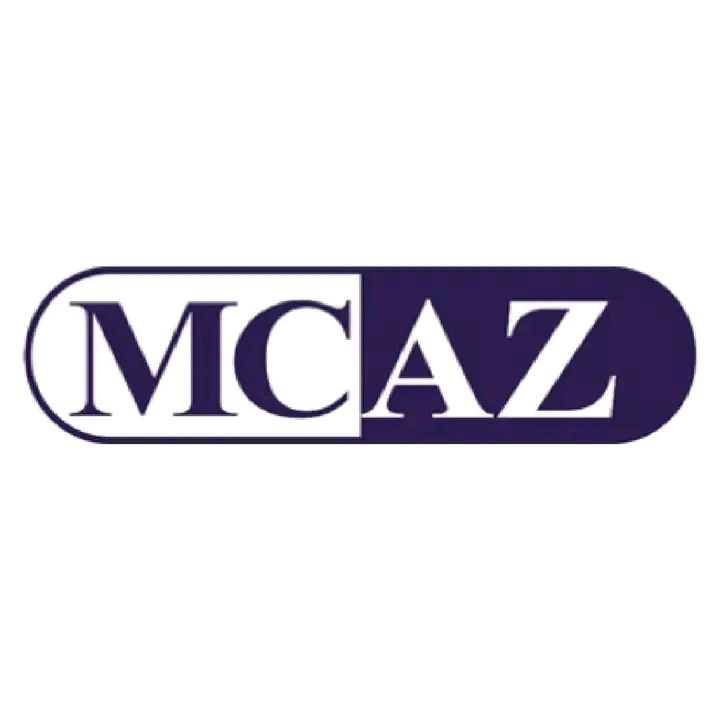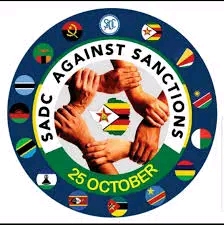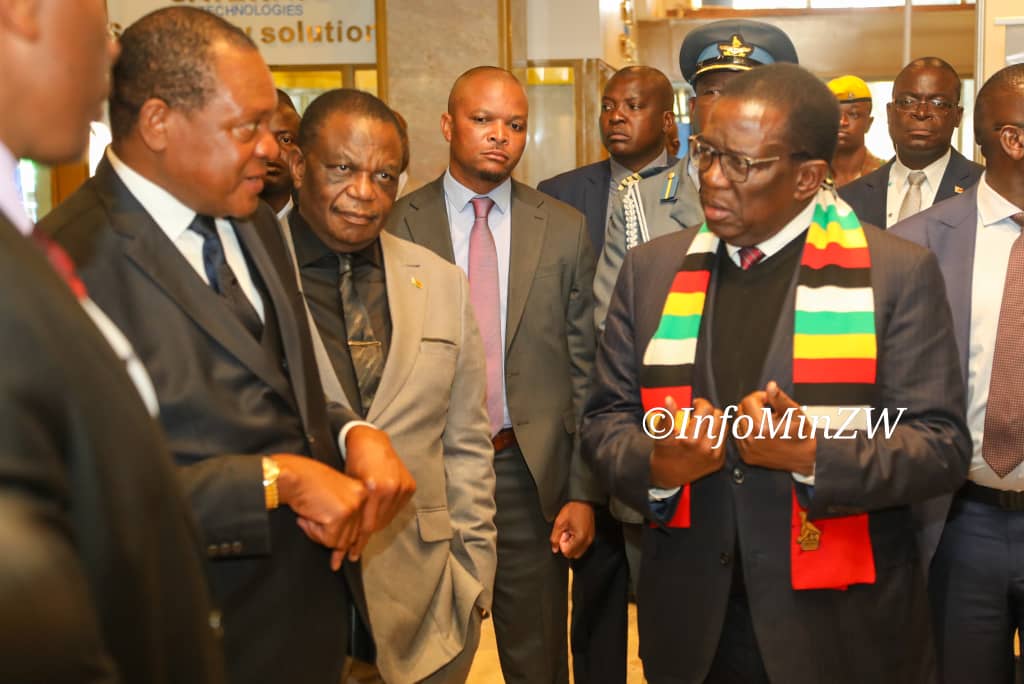
President Emmerson Mnangagwa chats with Vice President Constantino Chiwenga and some senior government officials at the Zimbabwe Irrigation Investment Conference
By George Swarei
Harare, 5 July 2024 – President Emmerson Mnangagwa officially opened the inaugural Zimbabwe Irrigation Investment Conference today, emphasizing the urgent need for innovative funding solutions and partnerships to ensure food security amidst climate change challenges.
Addressing a distinguished audience that included Vice Presidents Constantino Chiwenga and Kembo Mohadi, along with key government officials, investors, and development partners, President Mnangagwa highlighted the critical role of irrigation in achieving Sustainable Development Goals 1 and 2, focused on eliminating poverty and ending hunger.
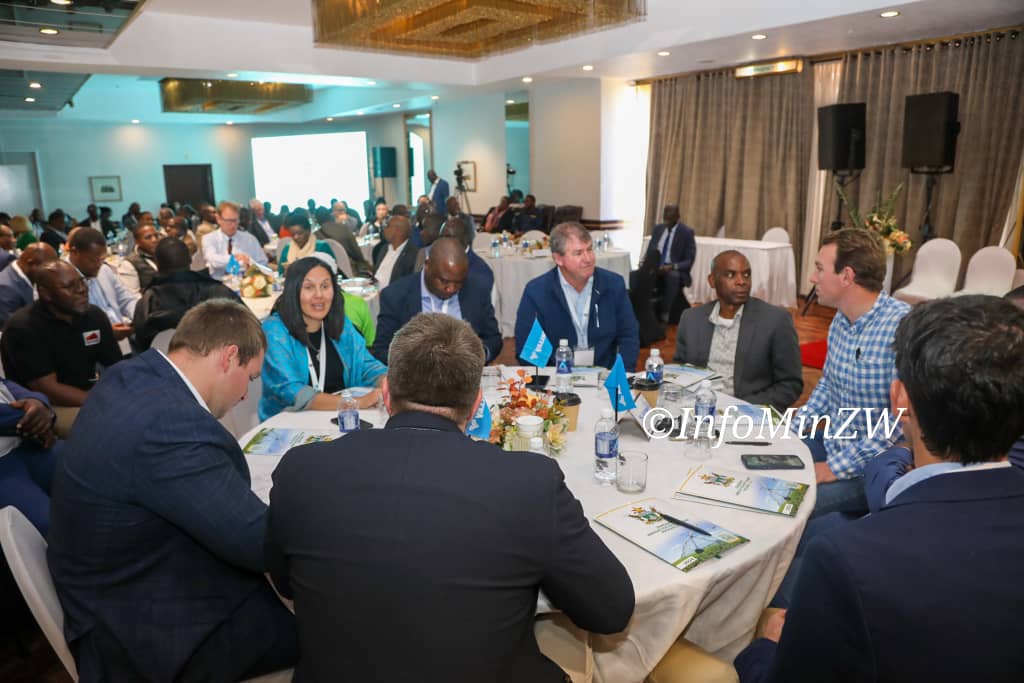
“Zimbabwe and Africa continue to face the realities of climate change,” Mnangagwa stated. “Irrigation-driven agriculture is central to our goal of eliminating poverty and ending hunger. This conference provides an invaluable platform to discuss the opportunities and challenges within the sector.”
President Mnangagwa underscored the conference theme, “Public-Private Partnerships for Sustainable and Structured Irrigation Financing to Deliver Food Security; Everywhere, Every Day,” as a call to action for sustainable partnerships and collaboration. He urged stakeholders to channel essential resources to complement state-funded irrigation projects, enhance agricultural efficiencies, and ultimately achieve continental food security.
Reflecting on the devastating 2023/2024 drought, Mnangagwa stressed the need for innovative strategies to de-risk the nation from climate change impacts. He also condemned the illegal sanctions imposed by Western countries, which he claimed hinder national development.
“Zimbabwe is ordinarily a food-secure nation, save for the current drought. It is now urgent and imperative that we think outside the box to de-risk our nation from climate change. Stakeholders must accelerate the implementation of climate-proof agriculture mechanisms,” Mnangagwa said.
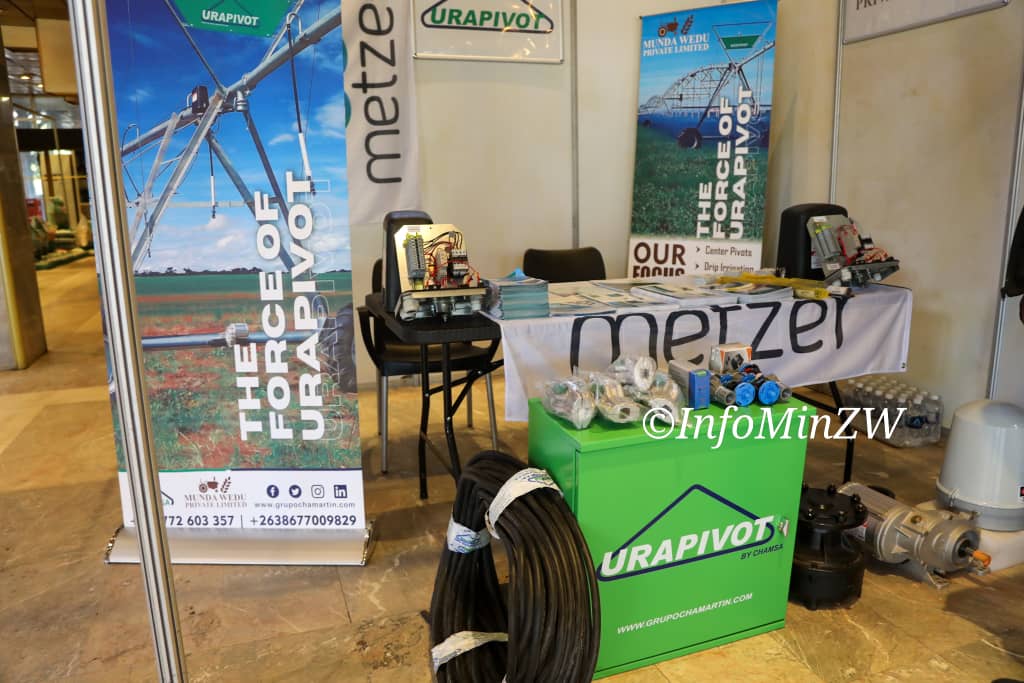
The president highlighted several successful initiatives under his administration, including the Accelerated Irrigation Rehabilitation and Development Agenda, extensive dam construction, and the Agriculture, Food System and Rural Transformation Strategy. He noted that the total hectarage under irrigation had increased by 24 percent between 2019 and 2024, the fastest development phase since independence.
Mnangagwa also praised the Pfumvudza/Intwasa programme for its role in achieving unprecedented harvests and building climate resilience. Additionally, he mentioned the Rural Development 8.0 Model, which aims to establish 35,000 agro-based companies across villages, and called for continued investment in irrigation and agriculture modernization.
He invited further investments and partnerships to develop additional land for irrigation around new dams, emphasizing the potential for multi-pronged benefits to the economy. He reaffirmed his administration’s commitment to creating a conducive business environment for private sector-led irrigation development and economic growth.
The President urged stakeholders to collaborate and invest in irrigation development, efficient water resources management, and agriculture-led industrialization, stressing the collective responsibility to ensure food security for Zimbabwe, the region, and the continent.
“Let us pull together and sweat our diverse financial resources to build and secure the future today,” he said.
The conference, characterized by exhibitions and deal rooms, aimed to foster unity of purpose and a clear vision for Zimbabwe’s agricultural future. President Mnangagwa expressed hope that the collaborative spirit would continue beyond the event, officially declaring the conference open.
